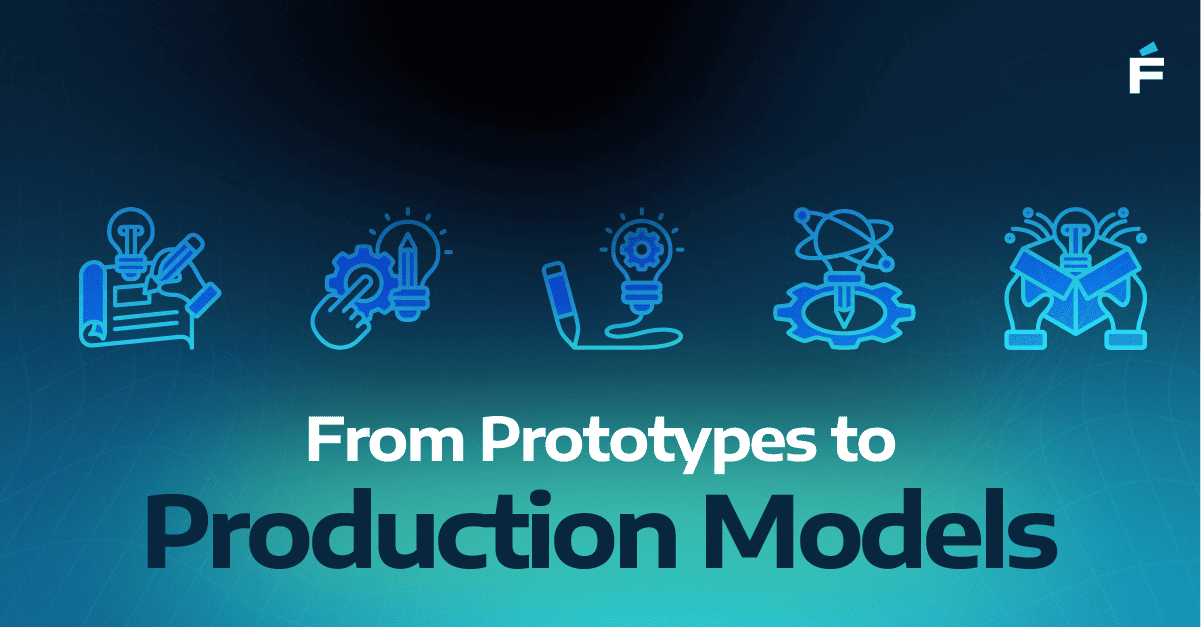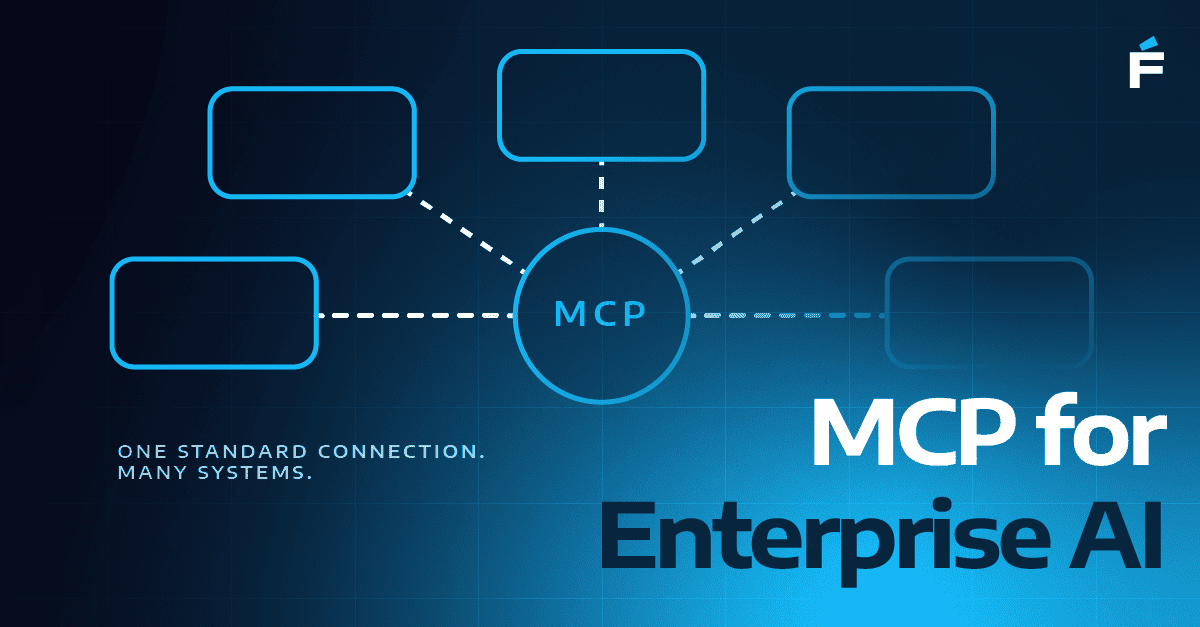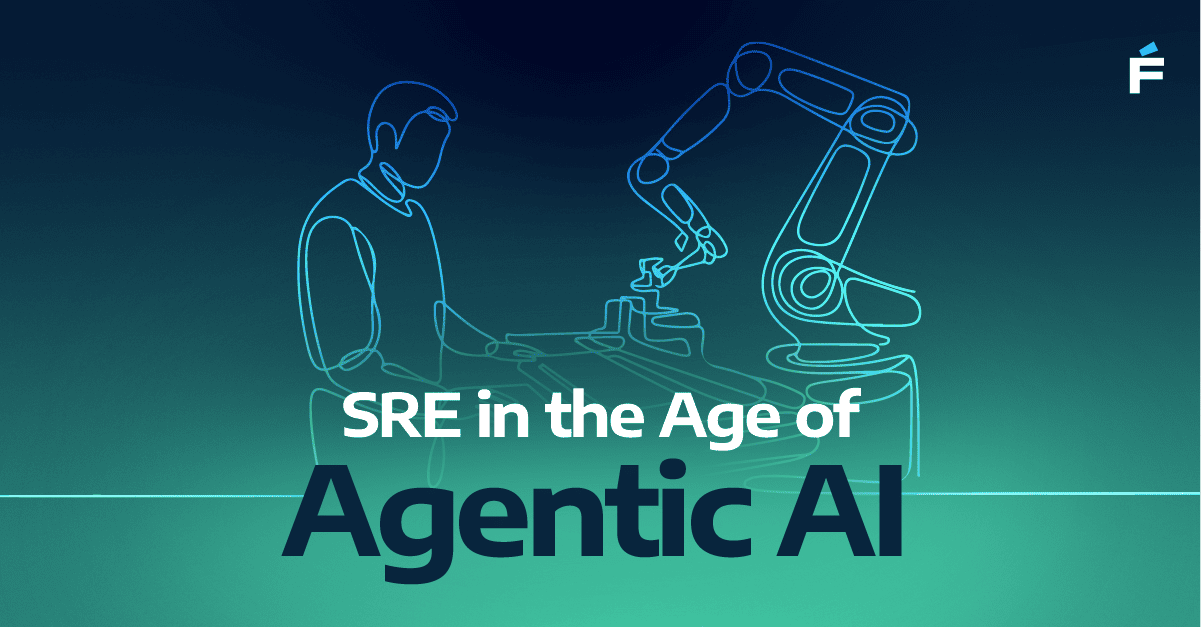The STAREAST 2025 Conference in Orlando, Florida, brought together software testing professionals from across the globe to discuss innovation, challenges, and best practices in quality assurance. As one of the industry's longest-running QA events, STAREAST continues to serve as a platform for meaningful conversations and cutting-edge ideas.
Forte Group’s Chief Quality Officer, Lee Barnes, was among the key figures at this year’s conference. A seasoned expert with over three decades of experience in quality engineering, Barnes delivered a session titled “How to Become a Test Automation Rock Star”, where he shared his insights on what truly drives impact in automation practices.
But one of the most engaging moments of the event came from a candid and wide-ranging interview with Lee, hosted by performance expert Señor Performo. The conversation touched on everything from the evolution of test automation to the real-world applications of AI in QA—and even included a live taste test of spicy Mexican candy. These are the key takeaways from the interview.
Test Automation Must Be Driven by Business Value
One of the central themes Barnes returned to throughout the interview was the need for automation efforts to serve clear, measurable purposes.
“Don't just blindly automate scripted test steps verbatim. Think about why you're automating.”
He also questioned the emphasis many teams place on metrics like test case counts or coverage percentages, urging a shift toward more meaningful indicators of value.
“I hate when people say, ‘Well, I need to automate this many tests or this percentage of tests.’ Why? What needle are you trying to move? Please tell me it's not just the number of tests, because that doesn't add business value.”
Many Automation Engineers Lack Core Testing Skills
While discussing the skill sets of today’s test automation engineers, Lee observed a consistent gap:
“They're very good at tooling. They're very good at the tech skills. They're very poor at software testing.”
His point: automation efforts can’t succeed without a solid understanding of how to evaluate software quality beyond simply executing scripts.
AI in QA Is Promising—But Still in the Hype Cycle
Artificial intelligence was a hot topic at STAREAST 2025, and Lee addressed its current place in the QA landscape with cautious optimism.
“We're in the hype cycle, right? And I think first of all, probably a lot of people think they have to include AI in their talks to get accepted, to feel relevant, perhaps.”
He noted that while AI has shown practical value in functional testing—particularly in productivity use cases—it has yet to find widespread application in performance testing.
“Certainly in performance, I'm not seeing it that much. I'm seeing it more in practice on the functional side, assisting in creating test cases, giving you test ideas, analyzing the results.”
Enterprise Policies Are Slowing AI Adoption
One of the reasons AI hasn’t taken off in performance testing, Lee explained, has less to do with the technology itself and more to do with how enterprise organizations manage innovation.
“I still find in larger organizations, they're very locked down from an AI perspective. They're not allowing people to experiment and go outside. A lot of things are blocked on the networks.”
Security concerns and regulatory restrictions continue to limit how much real-world experimentation teams can do with AI-powered tools.
The “Checkbox Mentality” Is Still Holding Teams Back
Barnes also pushed back against the outdated view of performance testing as a one-time, end-of-cycle task.
“So many organizations still are “check the box”—‘Did we do the performance test?’ Since they just want to check the box, they haven’t thought about requirements or objectives.”
This mindset often results in wasted time, unclear goals, and test results that offer little real value.
Start Performance Testing Early—and Keep It Continuous
Barnes encouraged teams to embrace continuous performance testing practices that offer faster feedback and earlier insights.
“Even just a single user … start to trend performance as part of your automated regression test … if you have issues there, it's not going to get any better under load.”
He emphasized that early testing, even in non-production environments, provides valuable trends that can guide design and development decisions before costly issues emerge.
Real Learning Happens Through Conversation
Beyond tools and techniques, Lee emphasized the importance of engaging with the QA community and staying open to new perspectives. Informal conversations, whether at conferences or within teams, often spark the most meaningful insights.
“You always have conversations that you didn't expect. You always learn something new. You always meet new people.”
He also highlighted how even simple questions can unlock new thinking:
“I love talking about this stuff because I learn as much from people I'm talking to, even if it's just from the questions that I wouldn't have thought of.”
Watch the Full Interview
Closing Thoughts
Lee’s insights are a call to rethink how we approach quality engineering. Whether it's moving beyond surface-level metrics, applying AI where it adds real value, or shifting performance testing earlier in the cycle, the message is consistent: focus on outcomes, not just activity. Thoughtful, purpose-driven practices—not more tools or bigger dashboards—are what truly move the needle.
📩 To learn more about Forte Group’s approach to quality engineering, visit our Quality Engineering Hub, or reach out to our team of experts. You can also connect with Lee Barnes on LinkedIn to continue the conversation.




